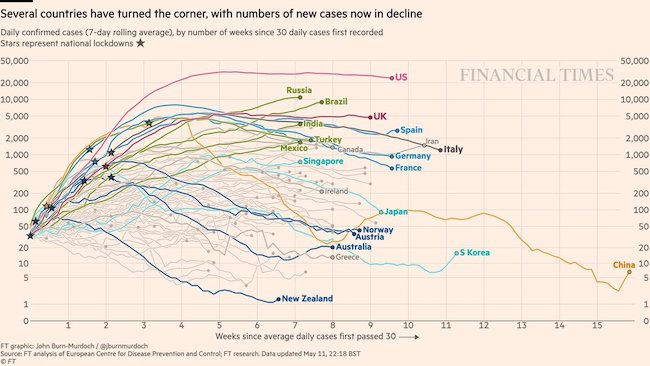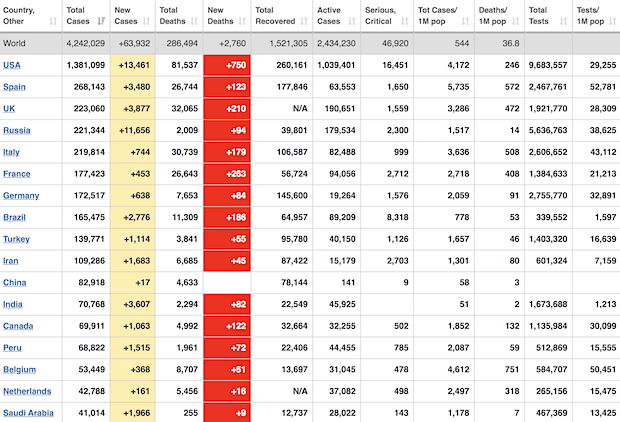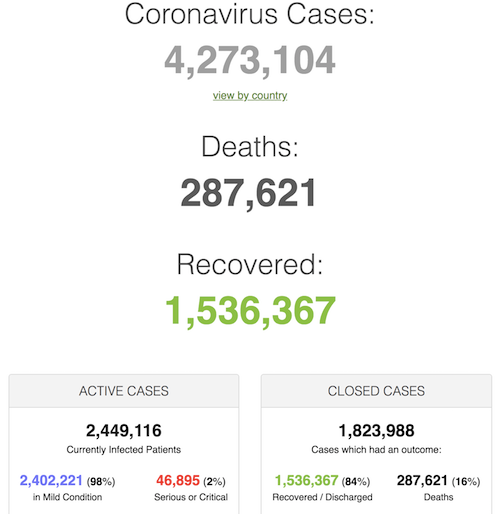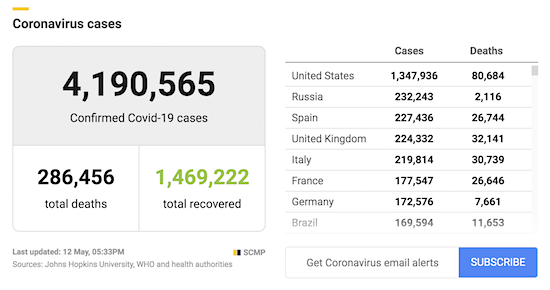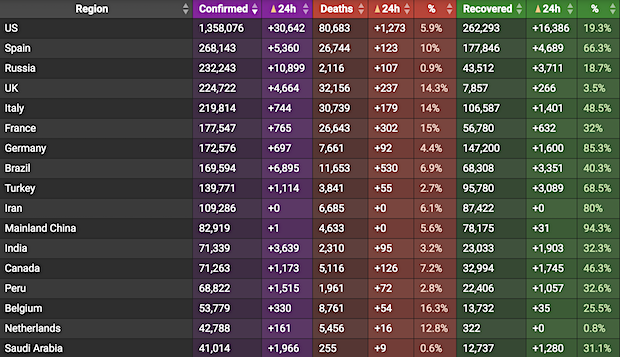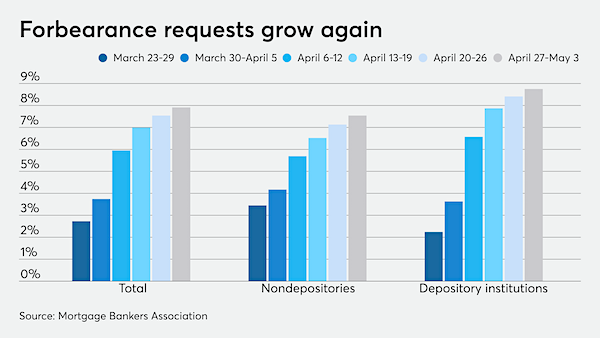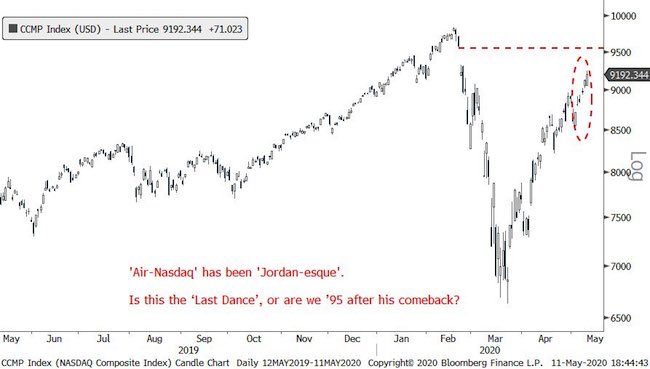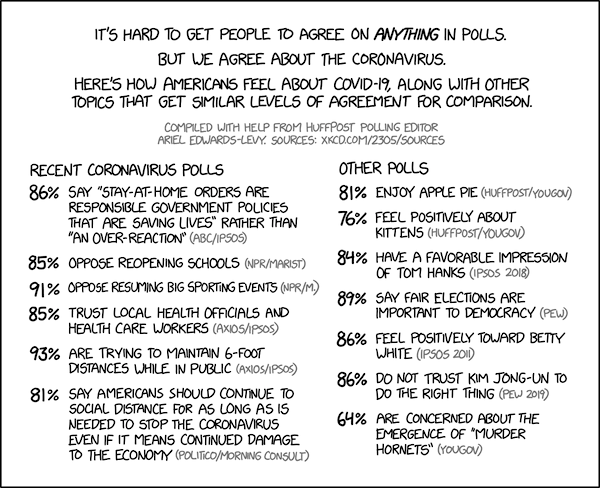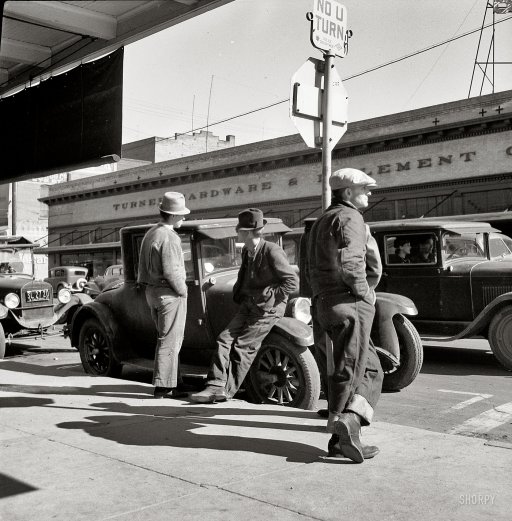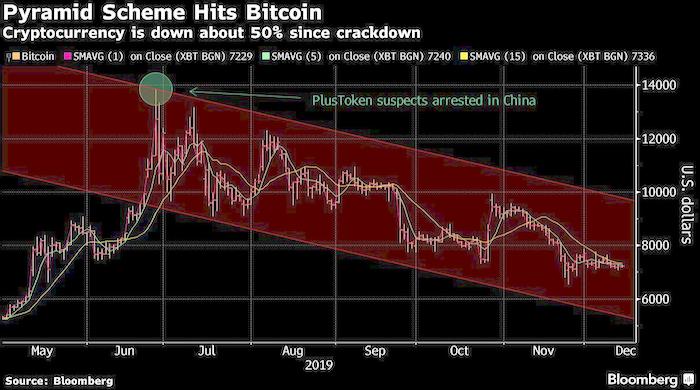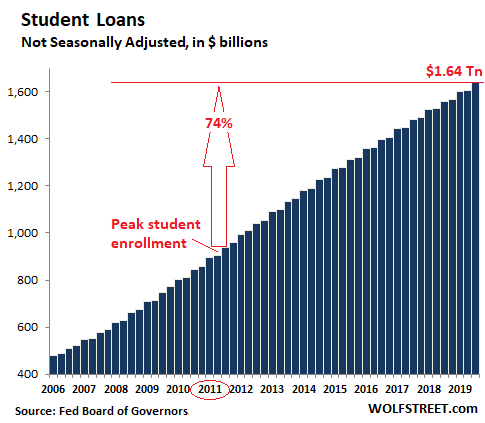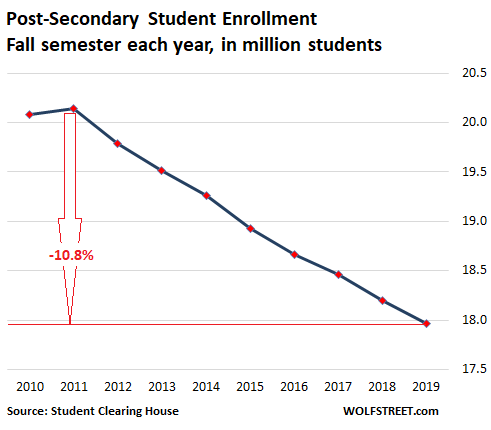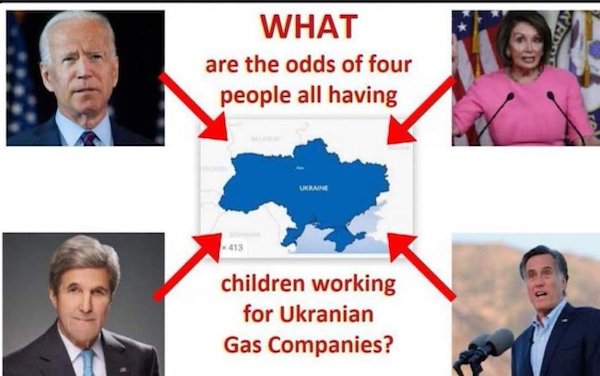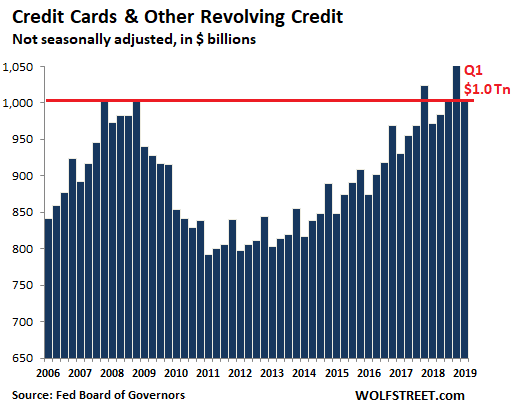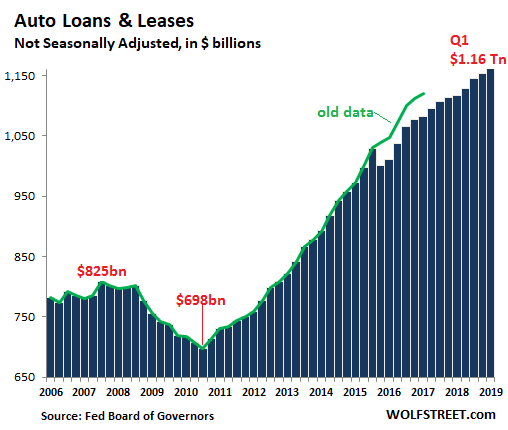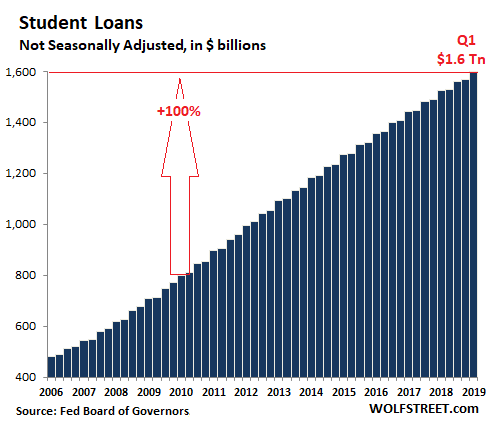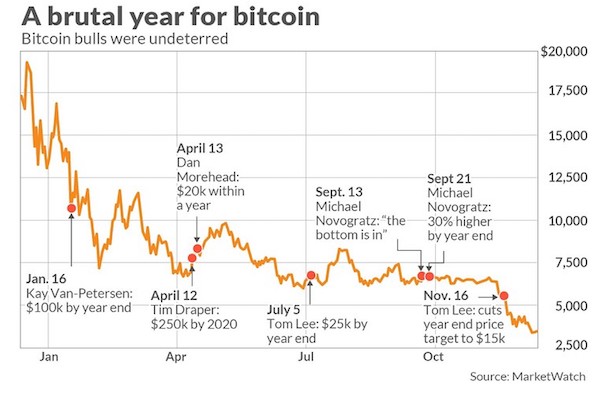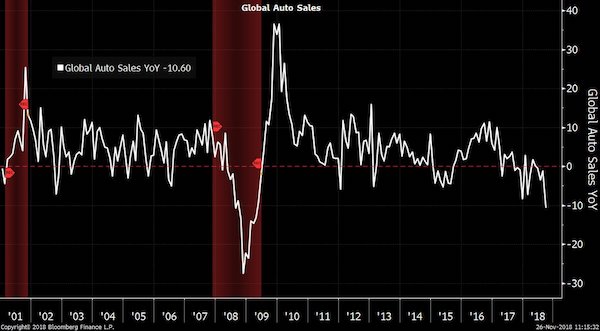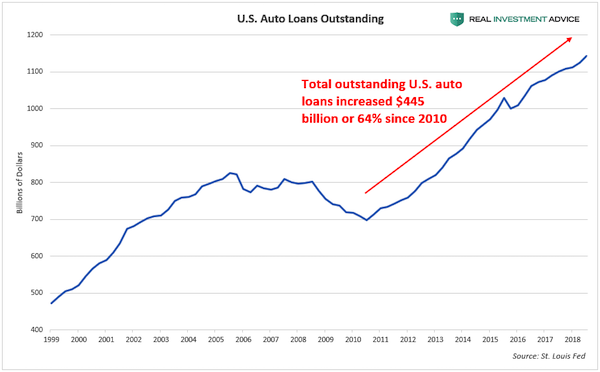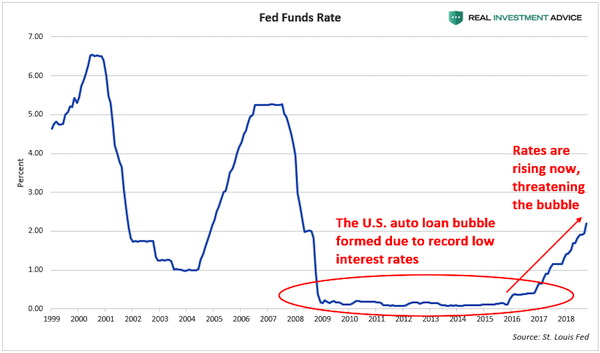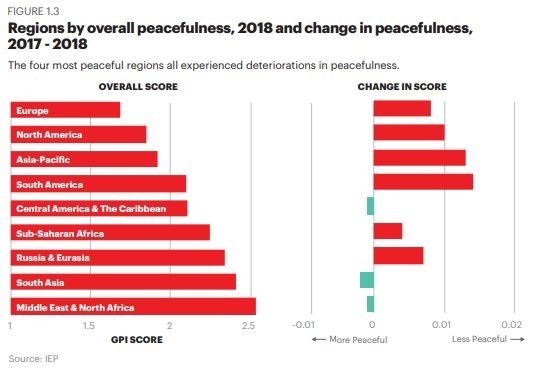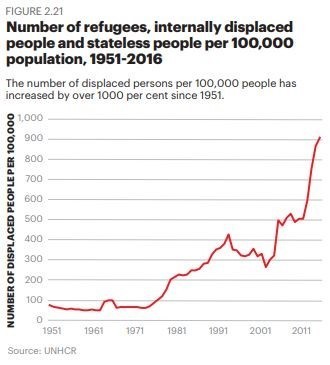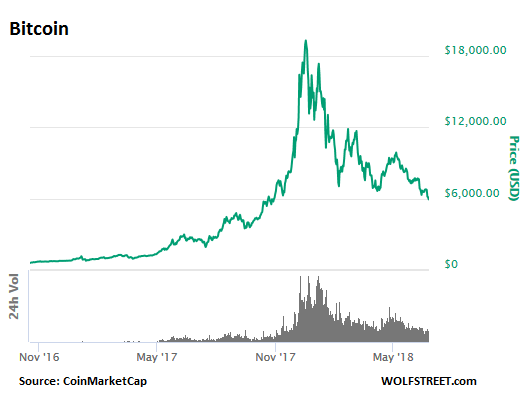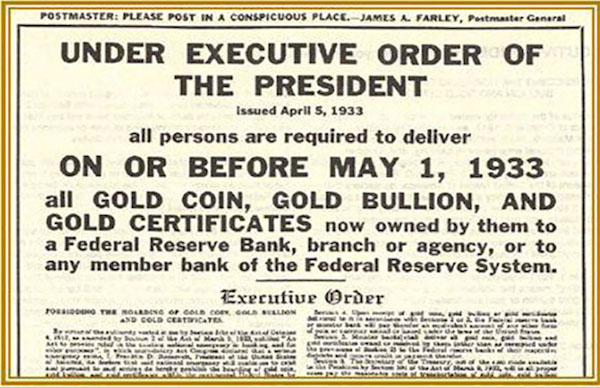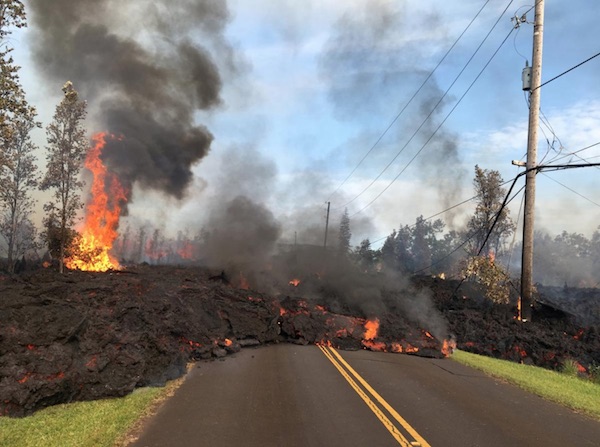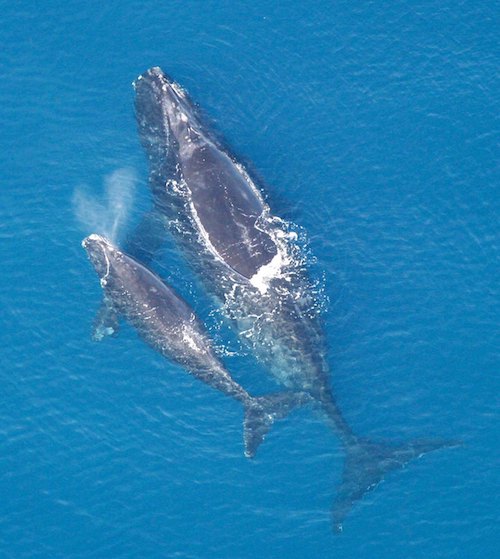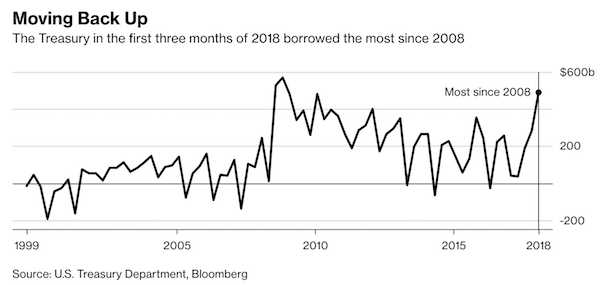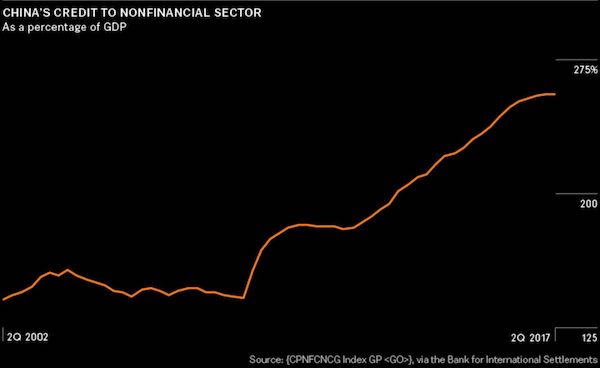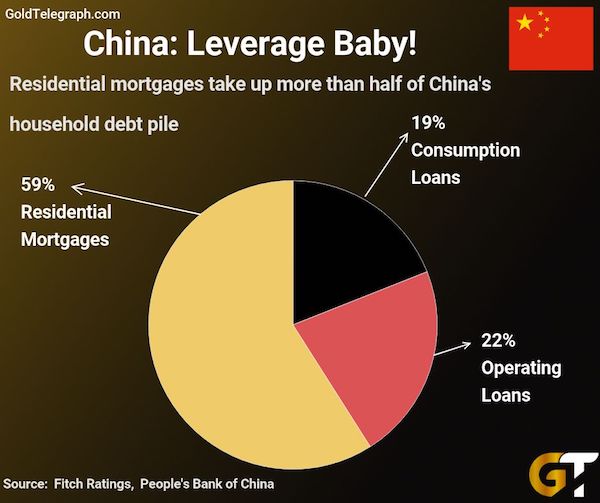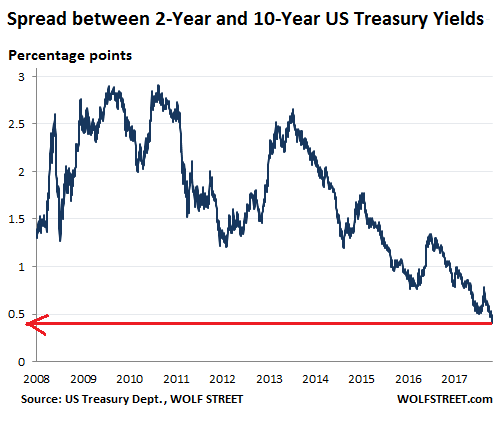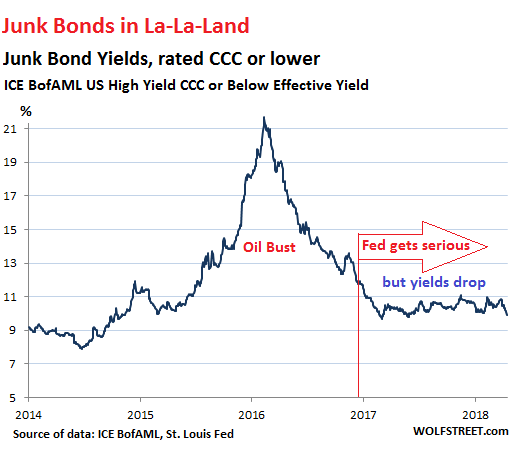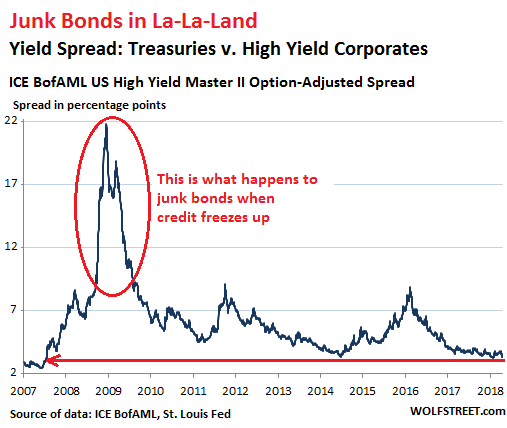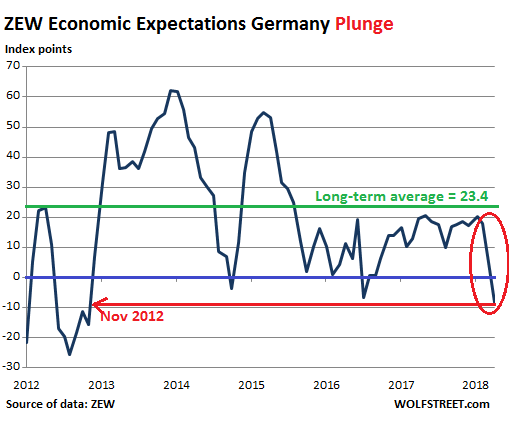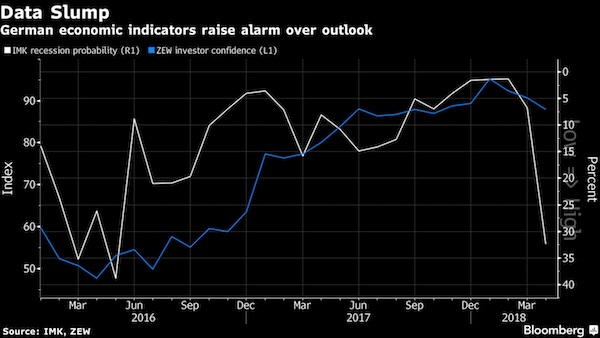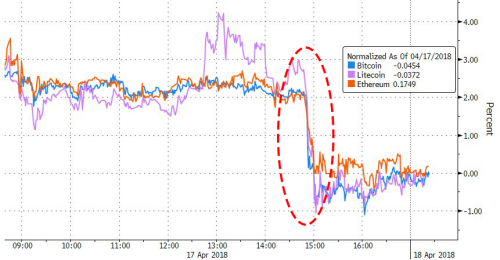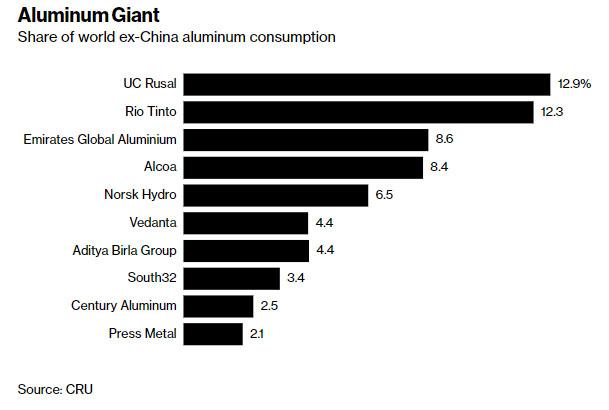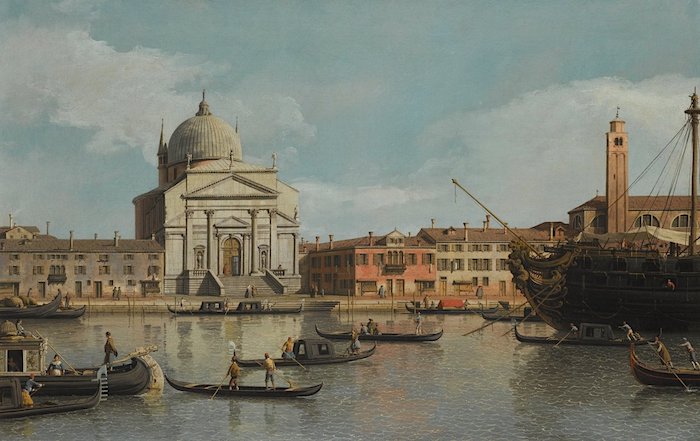
Canaletto View of the Churches of the Redentore 1750

France is doing something right. Or you could say they were doing something very wrong before.
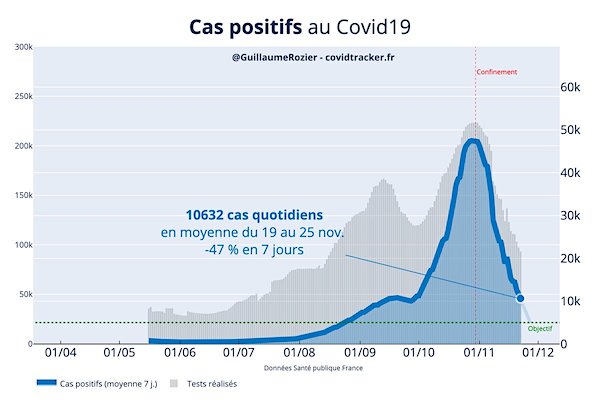



I remains a weird sight to see all those masks on people walking outside in fresh air. Are they all “listening to the science”? How is that even possible if the science changes so much and so often?
• The Strangely Unscientific Masking of America (AIER)
On February 29, the U.S. surgeon general infamously tweeted: “Seriously people – STOP BUYING MASKS. . . They are NOT effective in preventing general public from catching #Coronavirus.” Anthony Fauci, the best-known member of the coronavirus task force, advised Americans not to wear masks around this time. Similarly, in the earliest weeks of the pandemic, the CDC maintained that masks should be worn only by individuals who were symptomatic or caring for a sick person, a position that the WHO stood by even longer. As rapidly as mask use became a matter of ethics, the issue transformed into a political one, exemplified by an article printed on March 27 in the New York Times, entitled “More Americans Should Probably Wear Masks for Protection.”
The piece was heavy on fear-mongering and light on evidence. While acknowledging that “[t]here is very little data showing that flat surgical masks, in particular, have a protective effect for the general public,” the author went on to argue that they “may be better than nothing,” and cited a couple of studies in which surgical masks ostensibly reduced influenza transmission rates. One report reached its conclusion based on observations of a “dummy head attached to a breathing simulator.” Another analyzed use of surgical masks on people experiencing at least two symptoms of acute respiratory illness. Incidentally, not one of these studies involved cloth masks or accounted for real-world mask usage (or misusage) among lay people, and none established efficacy of widespread mask-wearing by people not exhibiting symptoms.
There was simply no evidence whatsoever that healthy people ought to wear masks when going about their lives, especially outdoors. Yet by April, to walk the streets of Brooklyn with one’s nose and mouth exposed evoked the sort of reaction that in February would have been reserved for the appearance of a machine gun. In short order, the politicization intensified. President Trump refused to wear a mask relatively early on, so resistance to them was equated with support for him. By the same token, Democratic politicians across the board eagerly adopted the garb; accordingly, all good liberals were wearing masks religiously by the beginning of April.
The speed with which mask-wearing among the general public transitioned from unheard of to a moral necessity struck me as suspicious. After all, if the science was as airtight as those around me claimed, surely masks would have been recommended by January or February, not to mention during prior infectious disease outbreaks such as the 2009 swine flu. It seemed unlikely that the scientific proof became incontrovertible sometime between late February and late March, particularly in the absence of any new evidence surfacing during that time period.

Apparently the doses supplied are 10 Mg, or some 400 IU, which is less than 10% of what the average person should take. In other words, useless. Is this set up to make it fail?
• 2.5 Million Vulnerable People To Get Free Supply Of Vitamin D In England (RT)
Vulnerable people in England will get a free supply of Vitamin D delivered to their doorstep to help them get through winter and to take some pressure off the NHS, the government has said. The free Vitamin D supplement will be offered to more than 2.5 million people across England, the government announced. Care homes will receive supplies automatically. In the meantime, individuals who are on the “extremely vulnerable” list will get a letter inviting them to apply for four months’ worth of supplements to be delivered directly to their homes. The deliveries will be free of charge and begin in January. Vitamin D helps the body to absorb and use calcium which is vital for bone and muscle health.
While the UK government noted that research on the possible link of Vitamin D and Covid-19 is still ongoing, many now need extra supplements more than ever due to the lockdowns. “Because of the incredible sacrifices made by the British people to control the virus, many of us have spent more time indoors this year and could be deficient in Vitamin D,” Health Secretary Matt Hancock said. He added that staying healthy would “crucially reduce” the pressure on the NHS amid the rise of Covid-19 infections. Last month, Hancock said the government would increase the public messaging that Vitamin D is good for improving general health and that there is “no downside to taking it.”

A bunch of assumptions is all it is.
• UK’s High Covid Spending Delivered Worse Outcomes Than Peers (FT)
The UK has spent more money fighting coronavirus than almost all comparable countries but still languishes towards the bottom of league tables of economic performance in 2020 and deaths caused by the virus, according to Financial Times research. On Wednesday, the independent Office for Budget Responsibility said the UK’s economy was set to shrink by 11.3 per cent in 2020, while the government would need to borrow £394bn to fund a shortfall in taxes and £280bn in public spending to fight Covid-19. Compared with the average of other G7 leading economies, the cost to the UK government is set to be over 80 per cent more, while the UK is also on course to suffer a 90 per cent deeper decline in economic output in 2020 and almost 60 per cent more deaths.
Economists said the UK’s poor performance had stemmed from allowing the virus to become too prevalent both in the spring and autumn before enforcing social distancing, with the result that the government was ultimately forced to impose more draconian restrictions undermining the economy. Chancellor Rishi Sunak has been the voice in cabinet arguing repeatedly for looser restrictions. And in his spending review, Mr Sunak said that the unprecedented peacetime public spending had been well targeted on ensuring lower unemployment rates than in other countries. “The latest data shows the UK’s unemployment rate is lower than Italy, France, Spain, Canada and the United States,” the chancellor said.
Britain’s unusual position in the international data starts with the amount the government has intervened to support jobs, households and companies during the pandemic. Best measured on an international basis by the change in the core budget deficit, the latest data shows that only Canada in the G7 spent more this year on Covid-19. Canada also had an unusually generous response, with Ottawa spending 14 per cent of national income on support measures, notably wage subsidies and generous increases in social security.
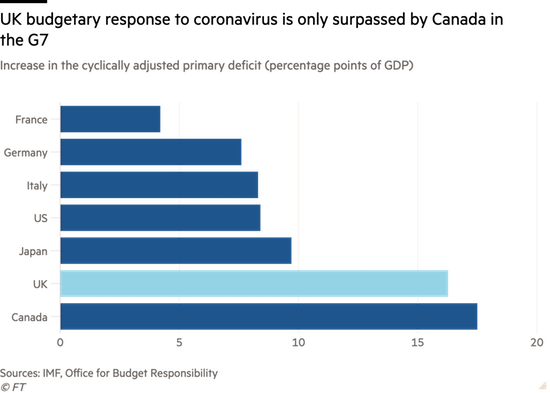

Look for much more of this.
• NYC Bar In COVID-19 Hotspot Refuses To Shut Down (NYP)
It’s an “open” rebellion. A Staten Island pub located in a coronavirus hot spot is stealing a page from Seattle’s anarchist cookbook, declaring itself an “autonomous zone,” free from the public-safety restrictions its owners say they will refuse to abide by. “!ATTENTION! We hereby declare this establishment an !!!AUTONOMOUS ZONE!!!” read signs outside and around Mac’s Public House in Grant City, invoking a phrase more commonly associated with the monthlong occupation of Capitol Hill in the Emerald City by anti-cop radicals. “We refuse to abide by any rules and regulations put forth by the Mayor of NYC and Governor of NY State.” The state had been warning for weeks that the South Shore was on the path to orange-zone status, based on the area’s consistent and surging coronavirus positivity rate, and on Monday, Gov. Cuomo made the call.
Restrictions, including the prohibition of indoor dining in bars and restaurants, took effect Wednesday. But Mac’s balked, and defiantly kept its doors open — despite being slapped with thousands of dollars in fines, a shut-down order from the state Health Department and the Friday revocation of its liquor license by the State Liquor Authority, the owners said. “At this point, we’re OK with it, because we’re not paying it,” co-owner Danny Presti said. “[The Sheriff’s Department] is issuing us $1,000 fines, so they keep coming back. We’re still here. We’re not letting them in.” Co-owner Keith McAlarney backed up his partner’s declaration of COVID independence.
“We’re not backing down. You think you scared me by . . . saying I don’t have a license now to serve liquor now? Well guess what? That liquor license is on the wall. If that liquor license is gonna come off the wall, it’s gonna be done by Cuomo. You wanna come down here and pull that license off the wall?” McAlarney says in a YouTube video posted Friday, the same day the bar’s liquor license was yanked. “De Bozo,” he continued, presumably referring to Mayor de Blasio, “you want to come down here and pull the license off the wall?” “Feel free to end up comin’ down, and we’ll end up having a conversation before you even think about stepping foot on my property. I will not back down.”
On Saturday, the joint was operating like it was 2019, as a small group of patrons enjoyed cocktails inside the bar —on the house. “Sure, you can have a drink, we’re not charging,” co-owner McAlarney said. About five customers — most wearing face masks — showed up in about a two-hour span to support the bar, which appeared to be exploiting a loophole for “businesses” in Cuomo’s executive order by not actually charging customers.

26 Senators?!
• Pennsylvania Republicans To Introduce Resolution Disputing Election Results (ZH)
Republican state lawmakers in Pennsylvania released a memo on Nov. 27, advising that they will soon introduce a resolution to dispute the results of the 2020 election. The resolution states that the executive and judicial branches of the Keystone State’s government usurped the legislature’s constitutional power to set the rules of the election. The resolution “declares that the selection of presidential electors and other statewide electoral contest results in this commonwealth is in dispute” and “urges the secretary of the commonwealth and the governor to withdraw or vacate the certification of presidential electors and to delay certification of results in other statewide electoral contests voted on at the 2020 general election.” It also “urges the United States Congress to declare the selection of presidential electors in this Commonwealth to be in dispute.”
The proposed text lists three steps taken by the judicial and executive branches to change the rule of the election. First, on Sept. 17, the Pennsylvania Supreme Court “unlawfully and unilaterally” extended the deadline by which mail ballots could be received, mandated that ballots without a postmark would be treated as timely, and allowed for ballots without a verified voted signature to be accepted, the resolution says. Second, on Oct. 23, upon a petition from the secretary of the commonwealth, the Pennsylvania Supreme Court ruled that signatures on mail-in ballots need not be authenticated. And third, on Nov. 2, the secretary of the commonwealth “encouraged certain counties to notify party and candidate representatives of mail-in voters whose ballots contained defects,” the resolution says.
All of the changes are contrary to the Pennsylvania Election Code, which requires mail-in ballots to be received at 8 p.m. on Election Day, mandates that signatures on the mail-in ballots be authenticated, and forbids the counting of defective mail-in ballots. The resolution also lists a variety of election irregularities and potential fraud, including the issues brought up by witnesses during the hearing before the Pennsylvania Senate Majority Policy Committee on Nov. 25. “On November 24, 2020, the Secretary of the Commonwealth unilaterally and prematurely certified results of the November 3, 2020 election regarding presidential electors despite ongoing litigation,” the resolution states. “The Pennsylvania House of Representatives has the duty to ensure that no citizen of this Commonwealth is disenfranchised, to insist that all elections are conducted according to the law, and to satisfy the general public that every legal vote is counted accurately.”

Headed straight to SCOTUS?!
• Case Dismissed? Analysis of Decision in Pennsylvania’s Parnell Case (Reeves)
Earlier this evening, the Pennsylvania Supreme Court issued a brief, three-page order dismissing an election lawsuit brought by Sean Parnell and several other qualified Pennsylvania voters challenging the constitutionality of Pennsylvania’s recently-enacted state law governing mail-in voting. In doing so, the Pennsylvania Supreme Court also vacated a lower court judge’s preliminary injunction preventing the Pennsylvania Secretary of State from certifying the results of the 2020 General Election pending resolution of the lawsuit. In dismissing the lawsuit, the Pennsylvania Supreme Court did so on the narrowest of grounds: that Parnell and the other voters waited too long to file it. By styling their decision thus, the Pennsylvania Supreme Court avoided having to decide the case on the actual merits: Is the Pennsylvania mail-in voting law unconstitutional under the Pennsylvania state constitution? As we shall see below, the answer is most likely “yes.”
The Pennsylvania constitution allows absentee voting under five situations: (1) work; (2) illness; (3) physical disability; (4) the election occurring on a religious holiday; or (5) a person’s election-day duties themselves preventing the person from voting in person. No other justifications are allowed for absentee voting under the Pennsylvania constitution. Towards the end of 2019, a majority of both houses of the Pennsylvania General Assembly passed the relevant mail-in voting legislation at issue here. As I discussed in my previous two articles, this legislation expanded voting by mail beyond the above-five situations under the Pennsylvania constitution to include any situation. In other words, the law purported to allow voting by mail for any reason whatsoever.
But while the General Assembly passed the legislation, this was not, in and of itself, sufficient to amend the Pennsylvania constitution and expand voting by mail beyond the above-five circumstances. To amount to a constitutional amendment, the Pennsylvania constitution requires that the law be passed a second time by a majority vote of both houses of the General Assembly in the next legislative assembly. Once that is done, a majority of Pennsylvania voters then have to approve the mail-in voting legislation in a statewide election. The above process has not taken place. Indeed, the Pennsylvania General Assembly itself appears to have recognized that such an expansion of mail-in voting would have to come about via a constitutional amendment, as the law itself was originally presented as a joint resolution proposing an amendment to the Pennsylvania Constitution.
Parnell and the other voters brought suit on November 21, 2020, in the Commonwealth Court of Pennsylvania, seeking a declaration that the mail-in voting law is unconstitutional and an injunction barring the Pennsylvania Secretary of State from certifying the results of the General Election until the lawsuit was completed. The Commonwealth Court granted a preliminary injunction, finding that a substantial likelihood existed that the mail-in voting legislation did, in fact, violate the Pennsylvania Constitution. The Pennsylvania Secretary of State immediately appealed the preliminary injunction to the Pennsylvania Supreme Court. Earlier today, that court entered an order both dissolving the preliminary injunction and dismissing the entire lawsuit. The only reason it gave for doing so was that Parnell and the other voters had waited too long to bring their lawsuit, and could not do so now, with the electoral college deadline being so close.
If other lawsuit litigation is any predictor, Parnell and the other voters will now seek an expedited petition for a writ of certiorari. They will most likely also apply to Justice Alito—as Circuit Justice for the Third Circuit—for an emergency injunction barring the Pennsylvania Secretary of State from certifying the results of the election pending resolution of the cert petition. To obtain the Court’s review, Parnell and the other voters must show that the Pennsylvania Supreme Court’s decision somehow violates federal law. While the Pennsylvania Supreme Court’s decision is rooted in state law, a good argument can be made that it involves a federal question.
What is the Kraken
WOW.
Listen to General McInerney describe the Kraken and the raid of the CIA facility in Frankfurt, Germany.
1/2 pic.twitter.com/WzmIuw4Ge3
— TheSharpEdge (@TheSharpEdge1) November 29, 2020

Out in the open.
• Potential Biden Officials’ Firm Is Promising Big Profits (Sirota)
Two former government officials who may now run President-elect Joe Biden’s national security team have been partners at a private equity firm now promising investors big profits off government business because of its ties to those officials, according to government documents reviewed by The Daily Poster. Pine Island Capital Partners lists former Under Secretary of Defense Michele Flournoy and retired General Lloyd Austin as a partner in the firm, and lists former Deputy Secretary of State Antony Blinken as a partner on a leave of absence. Flournoy and Austin are reportedly among the leading candidates being considered for Secretary of Defense, and Blinken is Biden’s designated nominee for Secretary of State. Pine Island’s chairman is John Thain, the former top executive at Merrill Lynch when the company paid out huge executive bonuses as it began to collapse during the financial crisis.
Flournoy and Blinken’s ties to Pine Island were first reported by The American Prospect. In Securities and Exchange Commission filings, Pine Island describes one of its investment vehicles as “a newly organized blank check company incorporated in Delaware” that will use its connections to top officials to take advantage of rising government expenditures on the national security agencies that Flournoy and Blinken could oversee. Pine Island’s first filings about the investment vehicle were made in September — the same month Biden suggested that he will not push for significant reductions in Pentagon expenditures, which have reached record levels.
“The reputations and networks of Pine Island Capital Partners’ team, both individually and collectively, will ensure exposure to a significant number of proprietary opportunities,” the company said in one SEC document. “We believe there will be increased demand in the U.S. defense market for advanced electronics, communications, sensor and detection processing and other technologies that enhance the modernization efforts of the Department of Defense’s military readiness. We believe this demand represents strong growth that our management team is uniquely positioned to capitalize on given our combined investment experience and deeply connected partner group of former U.S. defense and government officials.”
The company says Thain and CEO Philip Cooper founded the firm “on the idea that a talented group of accomplished, highly respected, commercially-savvy and long-tenured former government and military officials, when fully aligned and engaged, could enable a first class investment team with better access, better information, better expertise and better management skills than those typically found in private equity firms.” “This is so explicit that it’s astonishing Pine Island even put it on paper,” said David Segal of Demand Progress, a grassroots group pressing Biden to reject Cabinet appointments tied to corporations. “This is not an example of people who happen to work at a big company — these are partners at a firm whose stated business model is to profit from the revolving door and connections gained from time in government.”

It’s almost funny.
• “Washington Is Exhausted”: Swamp Gears Up For Post-Trump Power Orgy (ZH)
Washington elites are breathing a sigh of relief, as power players on both sides of the aisle gear up for ‘business as usual’ following a four-year disruption in swamp-activities – thanks to one Donald J. Trump, whose perhaps prematurely anticipated departure from the Oval Office has the DC establishment licking their chops. “The classic friendly-rivals dinner party will be back, likely bigger than ever, with VIP guests from the Biden administration, a few formers from the Obama crowd, a senator or two seated next to a Supreme Court justice,” according to the Washington Post’s Roxanne Roberts Shoving the Uniparty’s collective excitement in our plebeian faces, Roberts writes in. full. stops. “Washington is exhausted. Washington is optimistic. Washington is desperate for change. The aristocracy of this city is ready to move on, daring to hope that the last four years was a fever that finally broke and life can get back to normal.”
Poor Washington. “Normal, as in a respect for experience and expertise. Normal, as in civility and bipartisan cooperation. Normal, as in not wanting to punch someone in the face,” Roxanne continues. And who’s about to usher in this period of ‘bipartisan cooperation’ and controlling one’s violent delights? Joe Biden, of course! “Biden and wife Jill Biden “know how to get around Washington, how to be a part of the establishment, how to make it work for them in their everyday lives,” says an influential Republican hostess who, like many of the city’s social leaders, spoke on the condition of anonymity to speak frankly without retribution. “People who have always enjoyed the Washington scene are yearning to get back to that, have some semblance of what they enjoyed so much before. There are a lot of Republicans who sat out the Trump years and bit their tongues for four years who are thrilled to have Biden.” At the heart of this optimism is the belief that politicians on both sides of the aisle get more accomplished when they like each other”. -WaPo
And of course, no self-respecting DC power-player can survive without attending establishment soirées, fundraisers, diplomatic corps and ‘historical traditions’ underpinning the ‘business of Washington’ – which Roxanne says needs ‘bipartisanship to really thrive’ after the Trump administration made everything a ‘test of loyalty.’ “Washington’s elite social world can pivot faster than a prima ballerina,” Roxanne continues – noting that a COVID-19 vaccine and a ‘call for comity’ will allow them to ‘press the reset button and start fresh.’

Certainly an odd couple.
• Ilhan Omar’s Misguided Defense Of John Brennan (Greenwald)
The right to dissent from, and to work against, the official foreign policy of the U.S. Government is vital: foundational to Constitutional liberties. There is very little such dissent in the U.S. Congress, where many of the core tenets of the Foreign Policy Community (from CIA drone warfare and clandestine coups to steadfast support for Gulf State and Middle East tyrannies as well as Israel) enjoy overwhelming, at times virtually unanimous, bipartisan support. That is one of the reasons that — as I’ve said repeatedly — I am glad that there are now members of Congress such as Congresswomen Ilhan Omar of Minnesota and Rashida Tlaib of Michigan who so vocally and unflinchingly dissent from this general foreign policy orientation and especially from those policies which most members of Congress either cannot or do not want to denounce.
Whether or not one agrees with these two lawmakers on every issue, having members of Congress questioning and objecting to highly consequential foreign policies is inherently healthier than full-scale agreement or fear-driven acquiescence. Dissent strengthens all democracies. That is why I have relentlessly defended Congresswoman Omar, even in the face of less-than-ideally-phrased proclamations, from what I regard as bad faith accusations of bigotry and a lack of patriotism (just as I denounced moronic claims that Trump was a “traitor”): bad faith accusations of bigotry or treason are often designed to demonize attempts to question pieties and ostracize those who do it.
For that very reason, I was quite surprised to see that late Friday night, Congresswoman Omar, in response to something I wrote, defended not only former CIA Director John Brennan — who as Obama’s CIA Director presided over the bombing of numerous countries including Somalia — but also The Logan Act. The Logan Act is nothing more than an unconstitutional attempt to criminalize foreign policy dissidents, like her, and is so dangerous in the hands of the CIA, FBI and federal prosecutors precisely because it lacks any clear definition or meaning. Despite this, Congresswoman Omar depicted that ancient statute not as what it is — an impossibly vague and overly broad attempt to criminalize the core Constitutional right to dissent — but instead as some kind of specific, precisely defined, and well-established precedent, the contours of which are clearly established and easily applied. None of that is true.

“..most people don’t have the money, don’t have the time, and don’t have the platform to go after them — and I have all three..”
• Candace Owens Challenges Fact-Checker, And Wins (DW)
Conservative author and commentator Candace Owens challenged left-leaning fact-checking site PolitiFact, a partner with Facebook, over a “false” rating — and won. Not only did PolitiFact remove their “false” rating and retract an article on why Owens’ video was allegedly false, but the site offered an added “correction” admitting their fault. Owens’ video, which was posted on Nov. 12, offered commentary on the 2020 presidential election, and was captioned, “Joe Biden is literally and legally not the President-elect. So why is the media pretending he is?” The video was hit with a “false” rating, and, as noted by Owens, theoretically, every single person who shared the post was alerted by Facebook that they had shared “false” content.
“Weeks ago, [Facebook] censored a post of mine which truthfully stated that [Joe Biden] is NOT the President-elect. So I got lawyers involved,” she said Saturday via Twitter. “Conclusion? [PolitiFact] uncensored the post & admitted that they LIED by rating my post false. The fact-checkers are lying for Democrats.” The note from PolitiFact reads as follows:”Correction: PolitiFact originally labeled this video false in our capacity as a third-party fact-checker for Facebook. On Nov. 20, an appeal to that decision was made on behalf of Ms. Owens. PolitiFact approved the appeal on Nov. 20, determined that a correction was appropriate, and removed the false rating.”
“At 8 Months pregnant, I unfortunately cannot fight on the ground alongside patriots like I am used to, but I am taking every measure to fight these communists in the court room,” Owens said in a follow-up post. “It is my goal to expose these lying ‘fact-checkers’ one by one. [Joe Biden] is NOT the President-elect.” But the language from PolitiFact’s note perhaps downplays what really happened. The BLEXIT founder told The Daily Wire on Saturday that she reached out to PolitiFact on Nov. 20 with legal representation and immediately heard back, with PolitiFact admitting their error. Language from a lawyer at PolitiFact, according to Owens, read as follows: “Upon first glance, this video from Ms. Owens was labeled false from PolitiFact in error. We already have removed the label from the video and you should now be able to see it unobstructed. As we’re about 25 minutes into this, we still don’t know how or why the post was labeled ‘false.’ We are investigating and hope to share more information with you formally on Monday.”
Owens said she was not further briefed on the supposed “error” and that she felt the retraction wasn’t enough; she wanted PolitiFact to admit publicly that they falsely fact-checked her. “I wanted to show that these fact-checkers just lie, and they usually go unchecked because most people don’t have the money, don’t have the time, and don’t have the platform to go after them — and I have all three,” she said. With pressure from Owens’ legal representation, PolitiFact issued the correction, which she shared with the public on Saturday. That was a win. And another “major win,” she said, was PolitiFact essentially admitting “that Joe Biden is not the President-elect.”

Richard Werner’s comment to Varoufakis: “You want to kill banks everywhere, like the ECB did in Greece. This is treason. Don’t betray your people.”
• A Free Central Bank Account For All To Revamp Monetary System (Varoufakis)
Imagine that the Bank of England were to create a free bank account for everyone. Overnight, it would be far better placed to regulate the money supply in the public interest. Moreover, to stay in business, commercial banks would have to seriously raise their game. In times of trouble, such as the current pandemic, the Bank of England could lift all boats at once by crediting your account directly – instead of printing sterling to lend to commercial banks, as it does now, in the hope that they would then lend to your employer, in the hope that your employer would then invest the money, rather than buy back more of their own shares. And, if the Bank of England felt that it had to rein in the total supply of money, to avert inflation, it would be able to do so easily: just offer to pay you, say, £5 for every £100 in your account that you do not spend within the next 12 months.
Imagine further that the Bank of England, in a bid to promote trust via transparency, were to base its digital sterling ledger on a distributed ledger digital architecture that allowed everyone, in real time, a glimpse at how much money was sloshing around in its system. Now imagine that the Bank of England were to lend its expertise to local authorities around the country to revive their regional economies by creating local digital currencies for the purpose of keeping within their communities as much of the surpluses produced locally as possible. These currencies would be backed by their capacity to pay local taxes and their free-floating exchange rate with sterling would be determined automatically by a transparent formula taking into account the balance of payments between the regions.
Imagine, also, that the Bank of England were to come to an agreement with the central banks of other major economies, reflecting a New Bretton Woods-type of international agreement that allows for global trade imbalances and climate change to cancel each other out. This unlikely feat could be accomplished in three steps: First, central banks agree to create a digital accounting unit, let’s call it the Kosmos or Ks, in which all international trade and cross-border money transfers are denominated (with a free-floating exchange rate between national currencies and Ks). Secondly, they also agree to charge symmetric levies upon net exporters of goods and money (a trade-imbalance levy and a surge levy – see below) that help stabilise world trade and global money flows. Thirdly, the proceeds from these levies fund climate change mitigation projects, especially in the global South.

FInders keepers?
• China Seizes $3.3 Billion Of Bitcoin (Exp.)
Beijing swooped on the South Korean based cryptocurrency exchange called PlusToken and has seized a huge volume of bitcoin and other cryptocurrencies. The seizure by the Yancheng Intermediate People’s Court has moved the vast amount of digital currency to the control of the nation’s treasury. Bitcoin pioneer Max Keiser (@maxkeiser) has claimed this decision allows China to “own one percent of all bitcoin”. However, the exact details of how Beijing will use the assets in accordance with the nation’s laws has yet to be announced. China has not made public the exact figures on how many of the seized coins are still held by the state. But, if they hold onto the recent haul, it would point to a longer term strategy by the politburo to acquire bitcoin.
Mr Keiser discussed how the US dealt with the bitcoin they seized from the Silk Road website, and although it is not known what China plans to do with its huge haul of cryptocurrency, some analysts claim the communist politburo may hold on to their new asset as they see a potential for future gains. Mr Keiser said: “The United States seized bitcoin when they nabbed the leaders of the Silk Road black market, but the US auctioned off their bitcoin. “A move that history will see as foolish as Gordon Brown selling half of Britain’s gold.” There has been a huge increase in bitcoin mining in China and a general interest from the leadership in digital currencies. Speaking to Express.co.uk Mr Keiser added: “This could be the year China starts to dominate the global economy thanks to bitcoin.”
China could use its bitcoin assets and mining capacity to break the hegemony of the US dollar, Mr Keiser also claimed. He said: “If China holds onto their bitcoin and they continue building their mining capacity, it may be game over for the US dollar as the world reserve currency. “The window of opportunity for the US to avoid bitcoin-irrelevancy is closing fast.”

We try to run the Automatic Earth on donations. Since ad revenue has collapsed, you are now not just a reader, but an integral part of the process that builds this site.
Click at the top of the sidebars for Paypal and Patreon donations. Thank you for your support.



Support the Automatic Earth in virustime, election time, all the time. Click at the top of the sidebars to donate with Paypal and Patreon.



